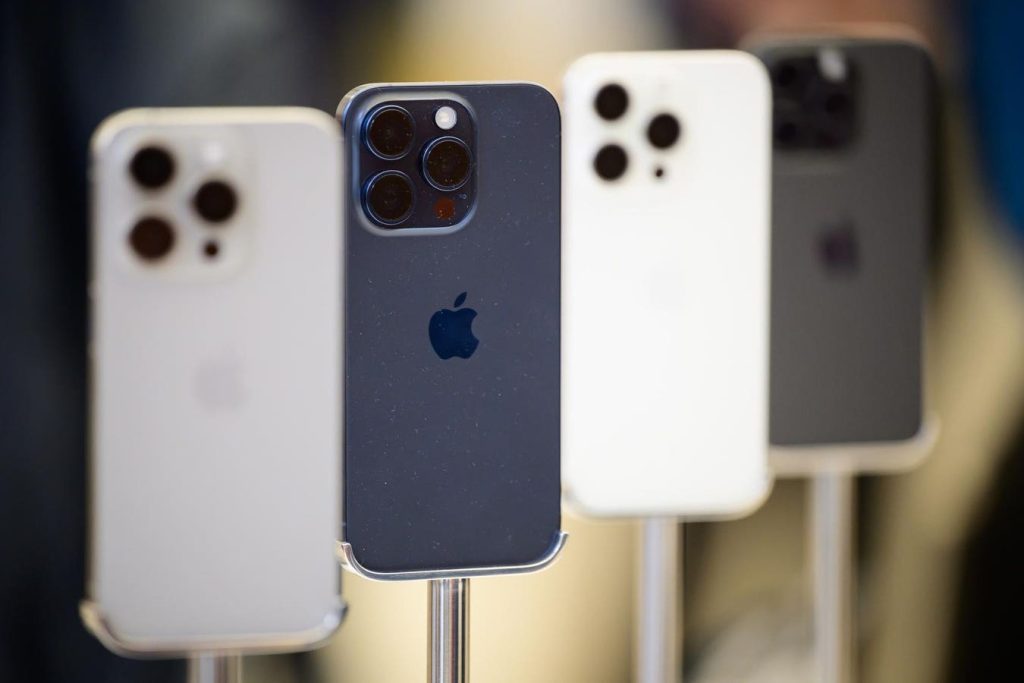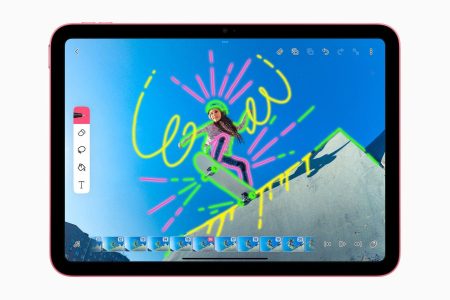Apple is expected to push the boundaries of smartphone camera technology with the upcoming iPhone 16 models, utilizing Sony’s latest camera sensor technology. The new sensors will split photo diodes and pixel transistors into two distinct layers, allowing for more light to be captured for each pixel. This will result in up to twice the amount of light being captured compared to current sensors, potentially leading to improved low-light capability in the new iPhones.
The increased optical zoom available on the higher-tier iPhone 16 Pro and iPhone 16 Pro Max handsets will be facilitated by a tetraprism lens, which uses prisms to fold the path of light and create a longer lens than the depth offered by the smartphone. While the iPhone 15 Pro has a x3 optical zoom, the iPhone 16 Pro and 16 Pro Max will see an upgrade to x5 optical zoom, with the expectation of x25 digital zoom as an option when taking photos.
Update: Apple is already looking ahead to the next iteration of the iPhone’s camera, with plans for the iPhone 17 to feature a 144-megapixel camera composed of three lenses with 48-megapixel sensors each. The iPhone 16 family is expected to upgrade all main cameras to 48 megapixels, with the iPhone 17 Pro taking it a step further by incorporating the 48-megapixel technology into the telephoto and ultrawide cameras. This advancement will allow for advanced techniques like pixel binning and AI-based image processing.
Apple is also set to join the AI revolution with the iPhone 16 family, incorporating a range of AI-infused features to enhance image capture, processing, and editing capabilities. While AI routines have been present in Apple’s camera suite in previous years, the iPhone 16 will mark Tim Cook’s first opportunity to emphasize AI-focused hardware. The visual improvements offered by AI-powered features are expected to be a compelling selling point for the new iPhones, particularly in comparison to Android smartphones that have been heavily marketed as AI-powered devices.
The upcoming iPhone launch in September will likely showcase the advancements in camera technology and AI capabilities, offering a glimpse of the future of smartphone photography. Apple’s focus on AI in the iPhone 16 family is expected to bridge the gap with competitors who have already heavily invested in AI-powered features. Apple fans can anticipate further details on Apple’s AI efforts and future developments at June’s Worldwide Developer Conference.
In addition to hardware advancements, Apple is also working on AI-based technologies that will enable the iPhone to read the screen and assist users with navigating the device. This ongoing research highlights Apple’s commitment to integrating AI into various aspects of the iPhone experience, offering personalized and intuitive features to enhance user interaction with the device. With the continued evolution of AI technology, Apple’s future iPhones are poised to deliver innovative and intelligent capabilities that cater to the diverse needs of consumers.















